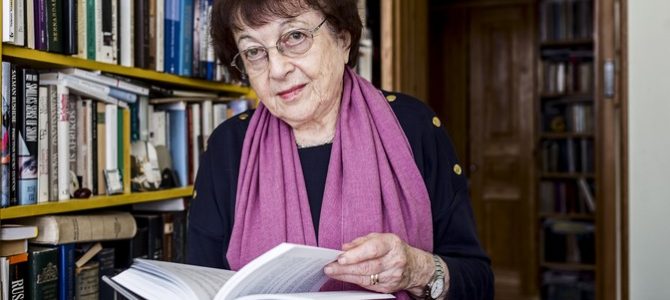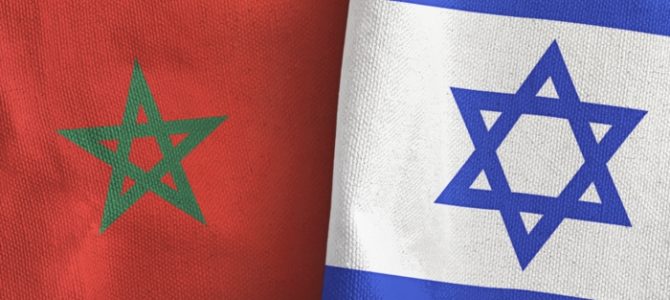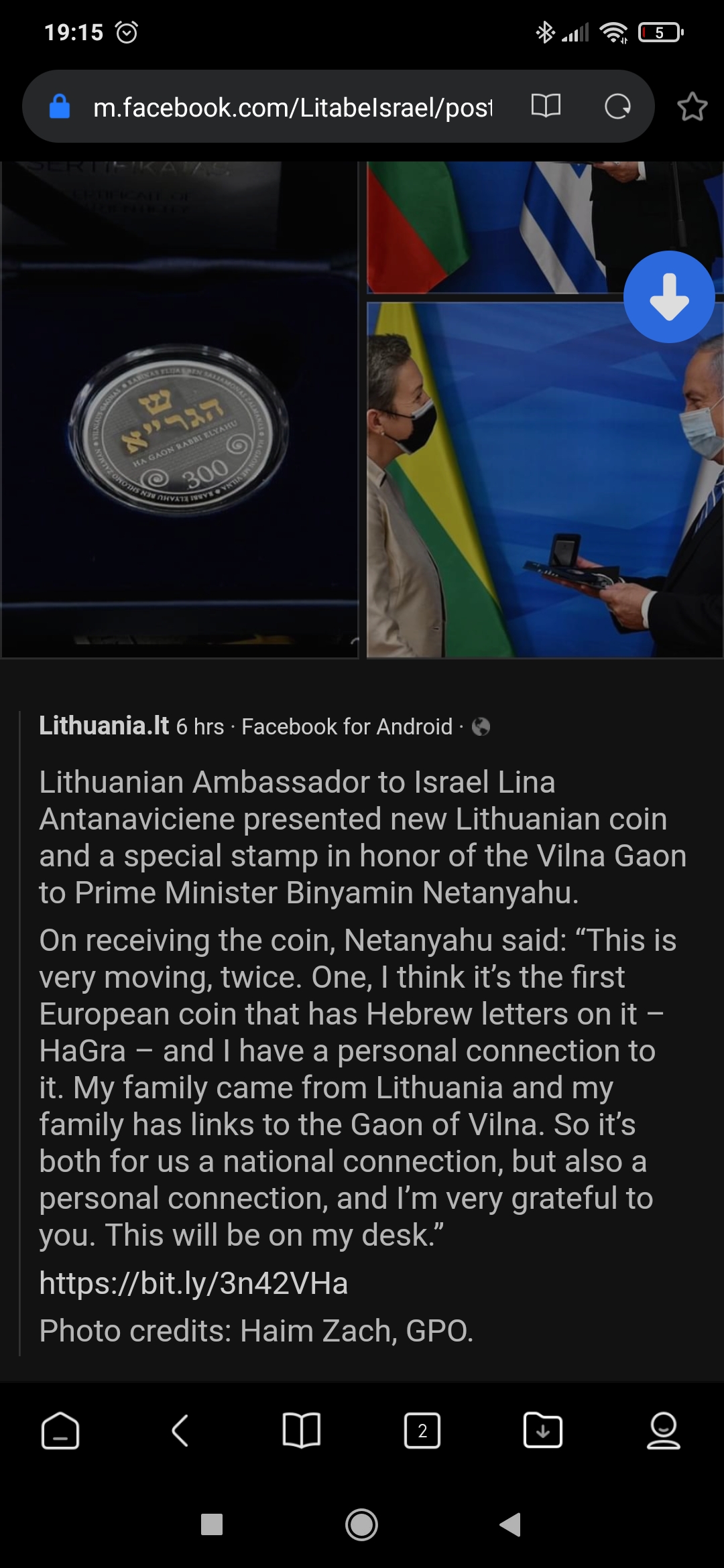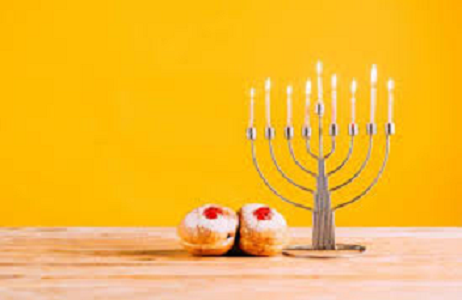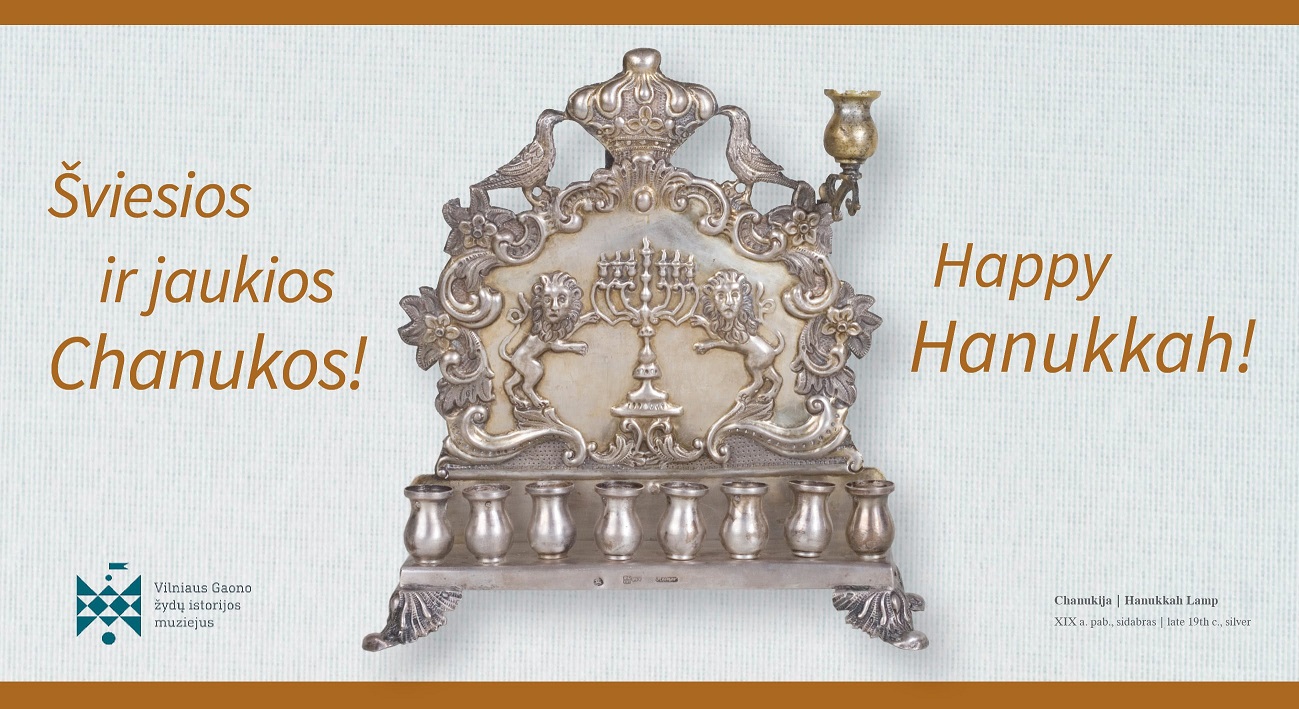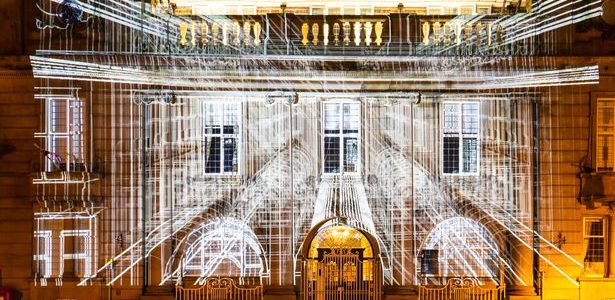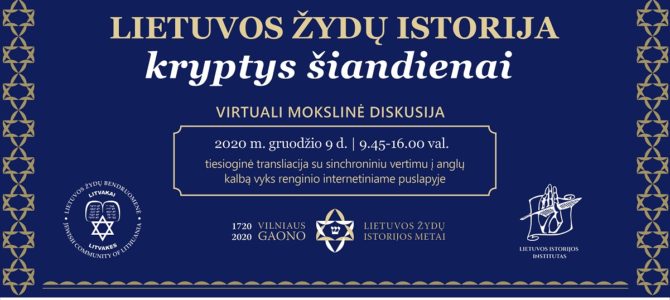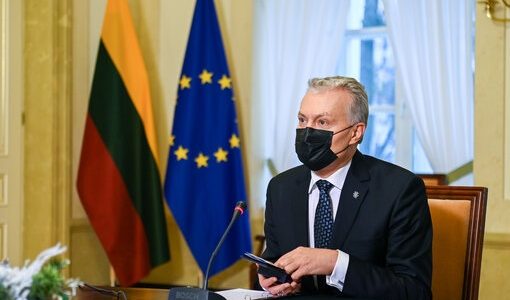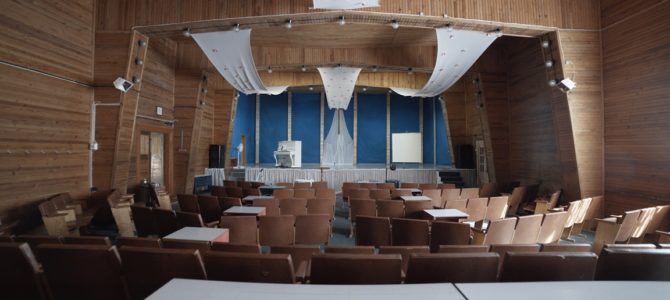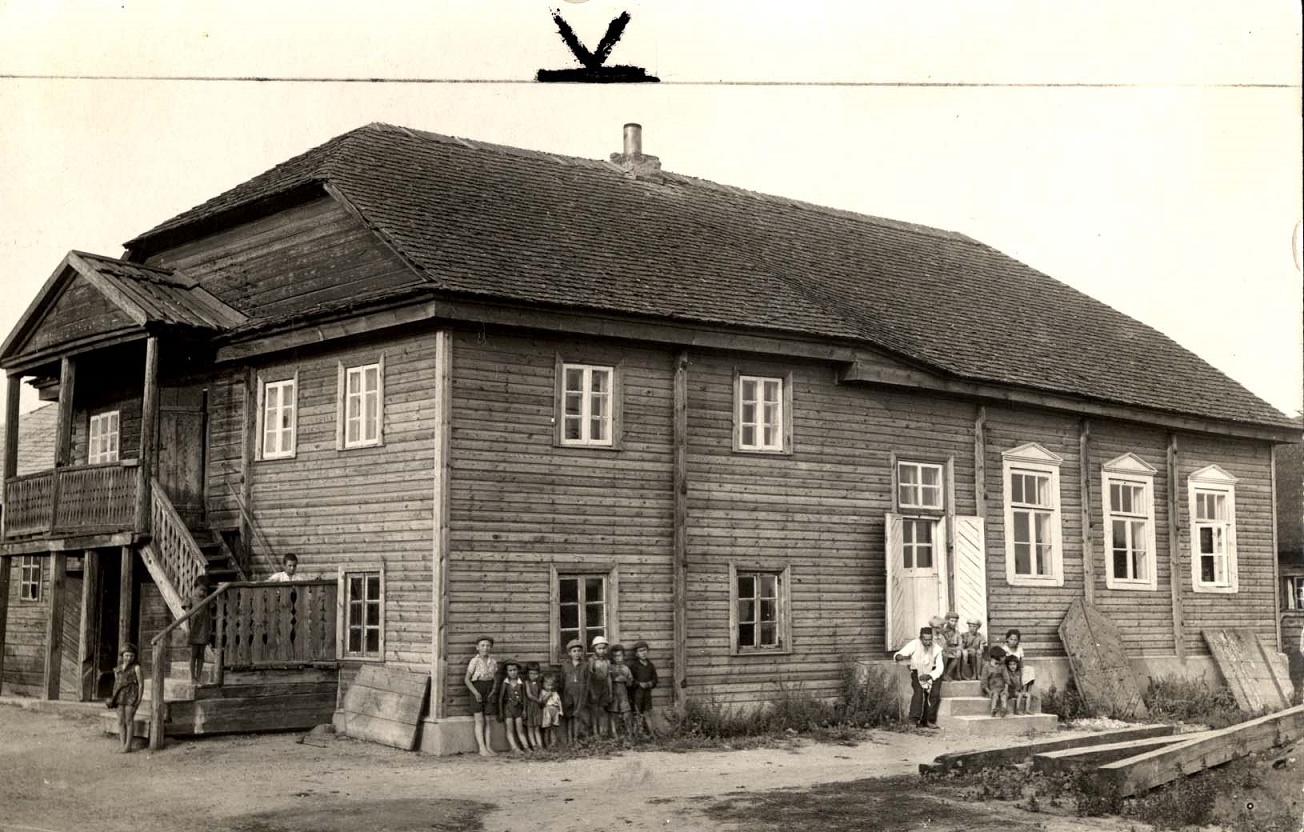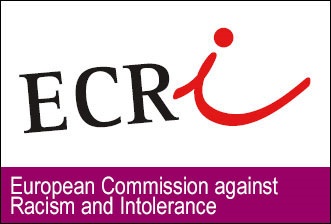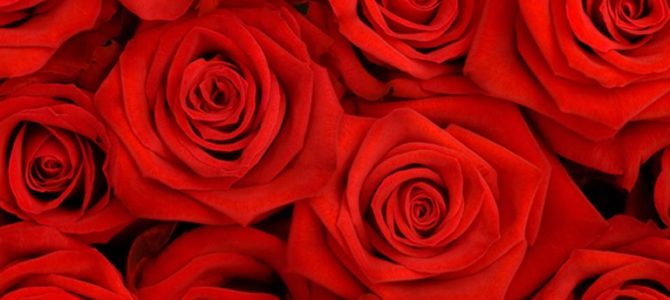December 11, BNS–Intellectual, theater expert, literary expert and human rights activist Irena Veisaitė who passed away December 11 was an exceptionally good person and didn’t feel anger despite many tragic life events, Lithuanian Jewish Community chairwoman Faina Kukliansky told BNS.
“This is a great loss for us. What can you do, people die and let them rest in peace. They say holy people die during the holy days. She died during Hanukkah,” Kukliansky said.
She remembered Veisaitė as an active community member who taught goodness, forgiveness and understanding through the life she lived and in her daily activities.
“This was a unique person who spent half her life in a Jewish family, lived some portion of her life with a family of non-Jewish rescuers and acquired a very varied experience of life, her mother’s death, the goodness of rescuers, she spent some of her life in occupied Kaunas and was sent to Siberia with her rescuers. And despite all these hardships in life, all these problems and losses, she remained very much a person of goodwill. Not just that she was moral and wished everyone well, you’ll almost never hear an ill word about her. Life did not make her angry,” Kukliansky recalled.



















